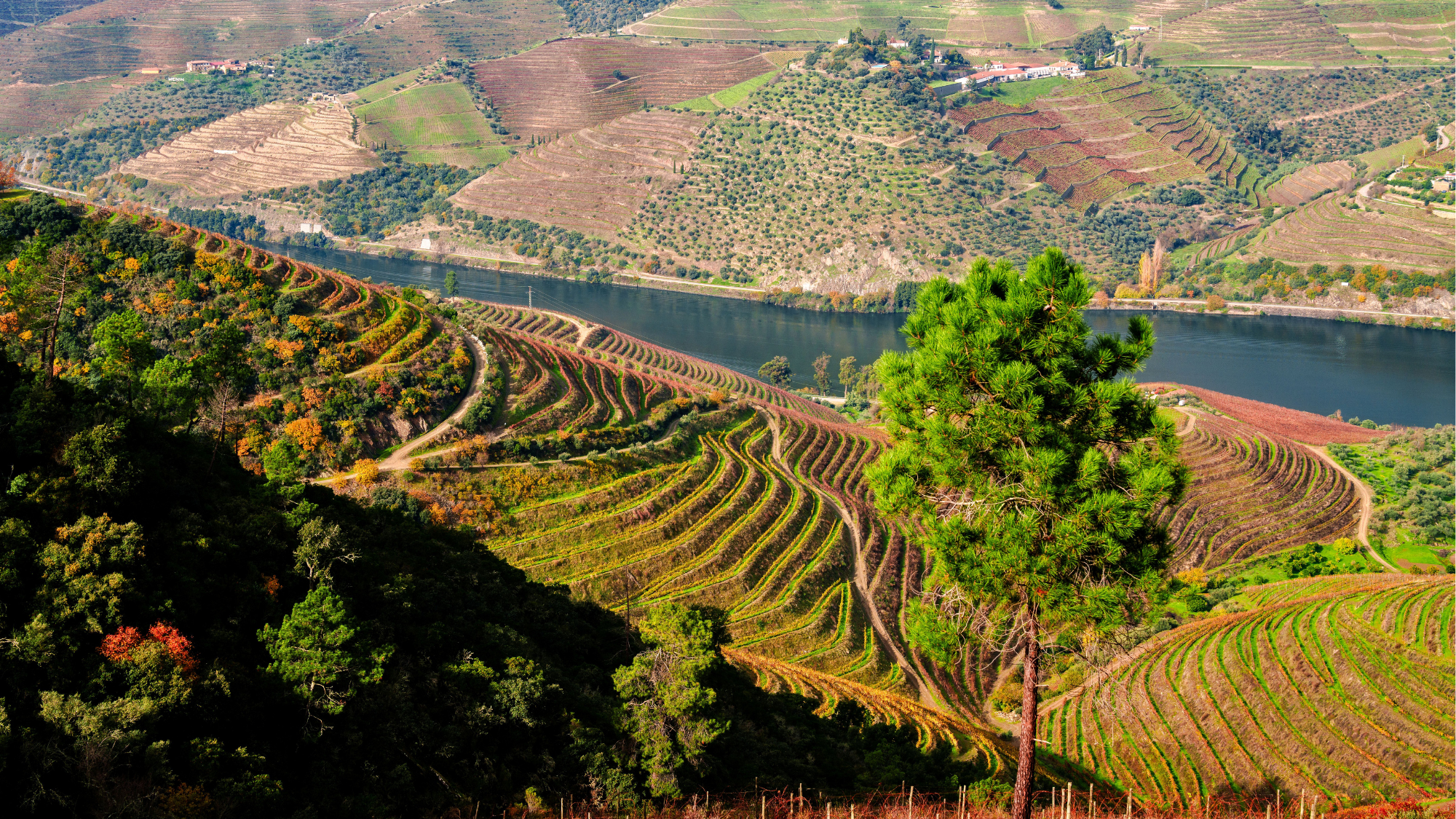Venezuela: Training ground for terrorists
Two captured members of the banned Basque militant group ETA—which has been waging a fight for independence from Spain—told Spanish authorities that they had been trained in Venezuela.
A free daily email with the biggest news stories of the day – and the best features from TheWeek.com
You are now subscribed
Your newsletter sign-up was successful
Venezuela is now the go-to place for terrorists to get weapons training, said Manuel Marraco in Madrid’s El Mundo. Last week, two captured members of the banned Basque militant group ETA—which has been waging a bloody, decades-long fight for independence from Spain—told Spanish authorities that they had been trained in Venezuela. We already knew that Venezuela was hosting rebel camps for FARC, a group that wants to overthrow the government in neighboring Colombia. Now we learn that FARC and ETA are “working together in Venezuela to develop explosives”—apparently with the blessing of the Venezuelan government. According to the captured militants, Arturo Cubillas Fontan, an ETA member, acts as liaison between the two terrorist groups in Venezuela. Yet not only did Venezuelan President Hugo Chávez “give Cubillas Venezuelan citizenship to avoid having to extradite him to Spain,” he actually gave the terrorist a position in his Cabinet.
Spanish investigators are cooperating closely with Colombian intelligence to probe these links, said Pedro Alonso in the Granada, Spain, Ideal. A Spanish court has asked Colombia to analyze computers seized from FARC to see if there is any information regarding contacts with ETA. The judge has even sent photographs of the two captured ETA members so they can be identified by repentant former FARC militants who now cooperate with the Colombian government. Rumor has it that a Venezuelan dissident—a former Chávez official who now lives “in witness protection in the U.S.”—will also be questioned. As a state prosecutor, this dissident claims, he received direct orders “to drop the case against an ETA militant who had been caught entering Venezuela with false papers.”
Spain’s judiciary is on the case—but why hasn’t the Spanish government made a bigger outcry? asked Bogotá’s El Colombiano in an editorial. Far be it from Colombia to meddle in Spain’s affairs, but we are directly concerned here, since the ETA militants confirm that Venezuela has been arming the FARC rebels that menace our own country. Spanish Prime Minister José Luis Rodríguez Zapatero has been inexcusably “timid” in pressing Venezuelan leader Chávez for an explanation. He didn’t even take umbrage when Venezuela’s ambassador “dared to hint” that the ETA members’ confessions “may have been obtained under torture.” Spain’s curious reticence can have only one explanation: “economic self-interest.” Spanish companies have huge investments in Venezuelan oil, and in the current economic climate, Zapatero will do nothing to jeopardize them.
The Week
Escape your echo chamber. Get the facts behind the news, plus analysis from multiple perspectives.

Sign up for The Week's Free Newsletters
From our morning news briefing to a weekly Good News Newsletter, get the best of The Week delivered directly to your inbox.
From our morning news briefing to a weekly Good News Newsletter, get the best of The Week delivered directly to your inbox.
That’s no excuse, said Hermann Tertsch in Madrid’s ABC. Spain’s primary interest lies in preserving Spanish lives, not furthering Spanish business. “And Spanish lives are at stake wherever ETA militants are trained to kill.” Yet Zapatero simply hangs his head and murmurs that he’s sure Chávez will investigate the allegations thoroughly. “Does Chávez have some kind of power over the Spanish government? What secret is he holding over it?” Maybe someday we’ll know.
A free daily email with the biggest news stories of the day – and the best features from TheWeek.com
-
 Hotel Sacher Wien: Vienna’s grandest hotel is fit for royalty
Hotel Sacher Wien: Vienna’s grandest hotel is fit for royaltyThe Week Recommends The five-star birthplace of the famous Sachertorte chocolate cake is celebrating its 150th anniversary
-
 Where to begin with Portuguese wines
Where to begin with Portuguese winesThe Week Recommends Indulge in some delicious blends to celebrate the end of Dry January
-
 Climate change has reduced US salaries
Climate change has reduced US salariesUnder the radar Elevated temperatures are capable of affecting the entire economy
-
Iraq: Al Qaida on the rise in Anbar province
feature Last week, an al Qaida group—the Islamic State of Iraq and Syria, or ISIS—took control of the restive Sunni cities of Fallujah and Ramadi.
-
Nuclear deal: Iran celebrates while Israel grumbles
feature Is the deal with Iran a good one?
-
Iraq: Undermining the sanctions on Iran
feature The Iraqi prime minister has become Iran’s proxy.
-
Syria: Will the conflict widen to Turkey?
feature The Turkish parliament authorized cross-border raids into Syria after Syrian shells landed in Turkey and killed five people.
-
Middle East: What comes after Syria’s collapse?
feature The quicker the Assad regime crumbles, the better off the whole region will be.
-
Israel: Killing protesters in the Golan Heights
feature Israeli troops killed at least 20 people when they opened fire on hundreds of unarmed protesters who crossed into the Golan Heights.
-
Can Syria’s president survive the Arab Spring?
feature Street protests, which started in mid-March in the conservative town of Daraa, have turned into the biggest crisis President Bashar al-Assad has faced since he succeeded his father 11 years ago.
-
Brazil: The army takes on the drug gangs
feature It’s official: The army and the police have “reconquered” two of Rio de Janeiro’s worst slums, reclaiming them from the drug gangs that have run them for years, said Rodrigo Rötzsch in Brazil’s Folha.